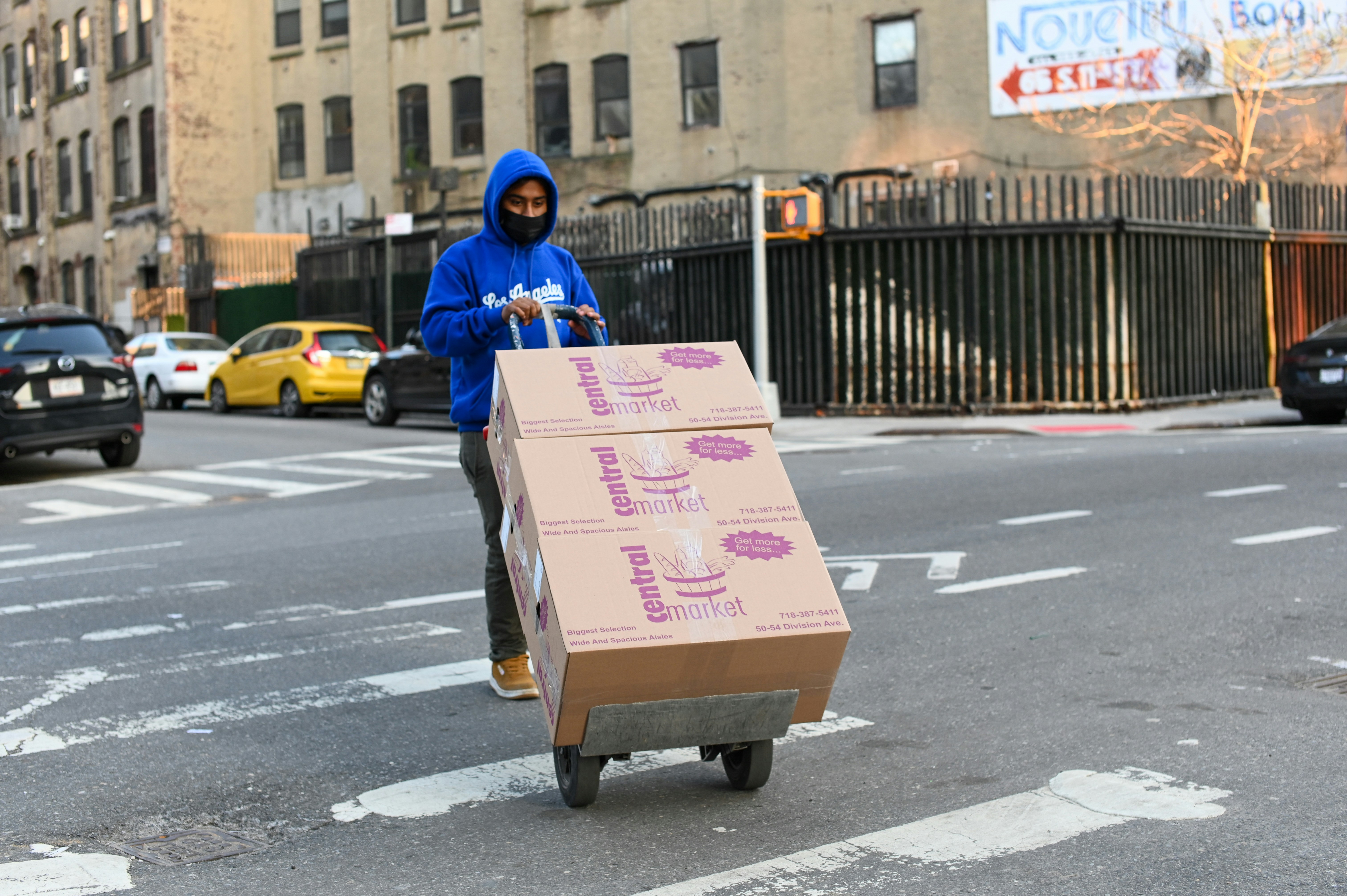What is Last-Mile Delivery?
Last-mile delivery refers to the final leg of a product's journey from a distribution center to the end customer. It is a crucial component in logistics, particularly in the era of e-commerce and rapid delivery expectations. Despite its short distance, this segment is often the most complex and costly part of the supply chain.
Common Roadblocks in South Asia
South Asia, with its diverse geography, population density, and infrastructure challenges, presents unique hurdles for last-mile logistics:
- Traffic Congestion: Urban areas face severe traffic jams, leading to delays.
- Addressing Issues: Inaccurate or non-standardized addressing systems make navigation difficult.
- Infrastructure Gaps: Poor road quality and limited access to remote regions hinder timely delivery.
- Customs & Cross-Border Delays: For regional deliveries, customs processes can slow down cross-country logistics.
Technology Enablers: Smart Hubs & Real-Time Tracking
The use of smart technologies can significantly enhance last-mile delivery performance:
- Smart Hubs: Strategically located micro-distribution centers reduce delivery distances and times. Fletching Logistics is pioneering smart hub implementations across Sri Lanka to facilitate faster and more flexible deliveries.
- Real-Time Tracking: GPS-enabled tracking systems allow both businesses and customers to monitor deliveries in real-time, enhancing transparency and trust.
- Route Optimization Software: AI-driven platforms calculate the most efficient routes based on traffic, weather, and delivery schedules.
GPS Route Optimization
This technology ensures optimal routes are selected, cutting down fuel costs and increasing delivery efficiency. Logistics companies like Fletching Logistics utilize this to achieve on-time delivery KPIs even in congested cities.
Last-Mile Innovations in E-commerce
E-commerce has been a major driver of innovation in last-mile logistics:
- Click-and-Collect Services: Allow customers to pick up packages from local collection points.
- Crowdsourced Delivery: Platforms leverage gig economy workers for hyperlocal delivery models.
- Locker Delivery Systems: Secure lockers placed in urban areas offer flexible pickup times for customers.
These innovations improve convenience and reduce delivery costs.
Logistics Infrastructure in Sri Lanka
Sri Lanka is making strides in upgrading its logistics ecosystem:
- Urban Consolidation Centers: Reduce multiple trips by combining deliveries into one vehicle.
- Highway Development: New expressways are reducing travel times across key logistics corridors.
- Digital Customs Clearance: Streamlines the import/export process, minimizing hold-ups for cross-border deliveries.
Conclusion
Last-mile delivery in South Asia, while challenging, is also a hotspot for innovation and growth. By leveraging technology, investing in infrastructure, and adopting agile logistics models, companies like Fletching Logistics are redefining how goods reach customers in this dynamic region.
